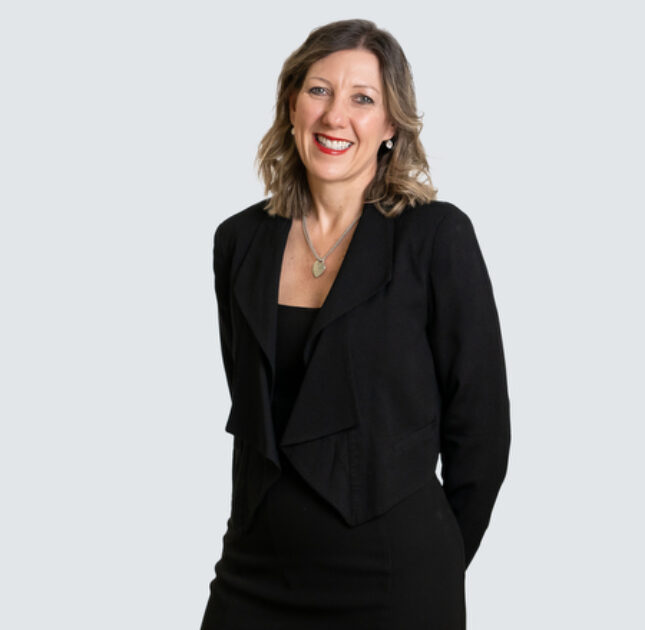After cardiovascular disease, sepsis is the second illness claiming more lives than lung cancer. It is estimated that every year there are about 150,000 cases of sepsis resulting in 44,000 deaths, with around 2200 deaths being reported in Wales. New guidance put forward by The National Institute for Health and Care Excellence (NICE) should tackle this issue and help medical bodies to deal with this illness more effectively.
The Sepsis Trust explains that this life threatening condition arises when the body’s response to an infection injures its own tissues and organs. It can occur following recent surgery, a long stay in hospital, chest or water infections, problems in the abdomen, or simple skin injuries such as cuts and bites. If not detected and treated quickly, sepsis can lead to shock, multiple organ failure or even death. Therefore, it is extremely important to be aware of the symptoms as, if detected early, the infection may be treated just with antibiotics which usually leads to a full recovery.
Unfortunately, there is no specific symptom differentiating sepsis from other illnesses which makes it more difficult to diagnose. However, some of the symptoms may include:
- a fever or low body temperature
- chills and shivering
- a fast heartbeat
- fast breathing
- feeling dizzy or faint
- a change in mental state–such as confusion or disorientation
- diarrhoea and nausea
- slurred speech
- muscle pain
- cold, pale or mottled skin
A recent study showed that following admission to hospital 20% of the patients were not seen by a consultant within 14 hours. There was also a delay in identifying sepsis in 36% cases, severe sepsis in 51%, septic shock in 32% and in giving patients intravenous antibiotics in nearly a third of cases.
However, not all is lost and there has been some recent positive development in this regard. The new NICE guidance urges the NHS workers to be mindful of sepsis symptoms and to review and treat patients within an hour due to fast developing symptoms. Professor Gillian Leng, NICE deputy chief executive, admitted that they are aware of the inconsistencies in how people’s symptoms are assessed in different settings and therefore the newly proposed regime might help to deal with these inconsistencies ensuring that patients are being cared for more urgently.
Although we hope that the new guidance brings some positive changes and contributes to saving thousands of lives, there are still too many cases involving late diagnosis of sepsis and far too many deaths due to an avoidable delay.



